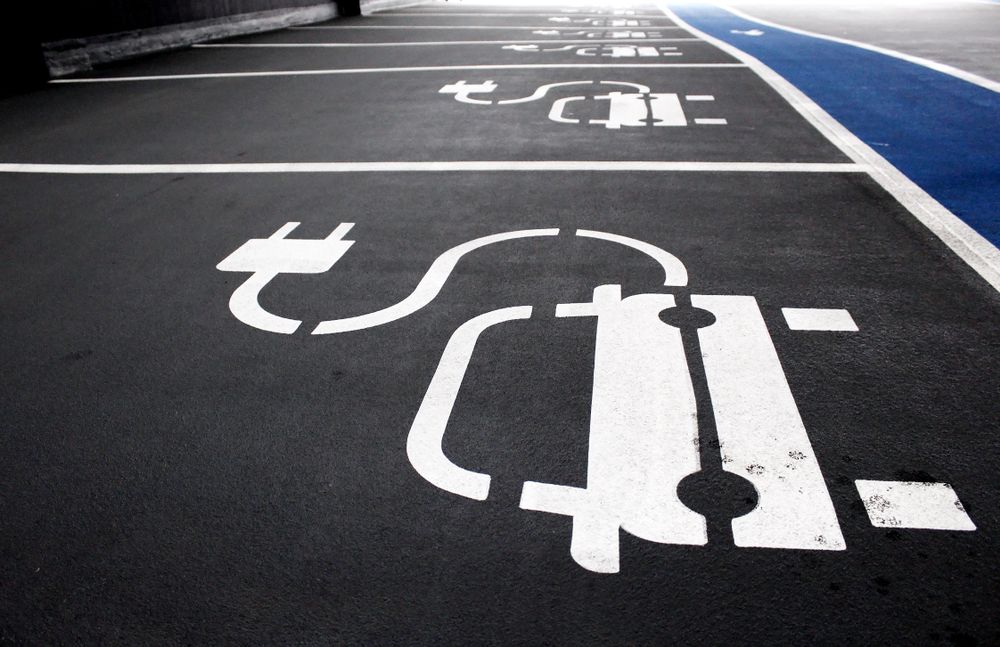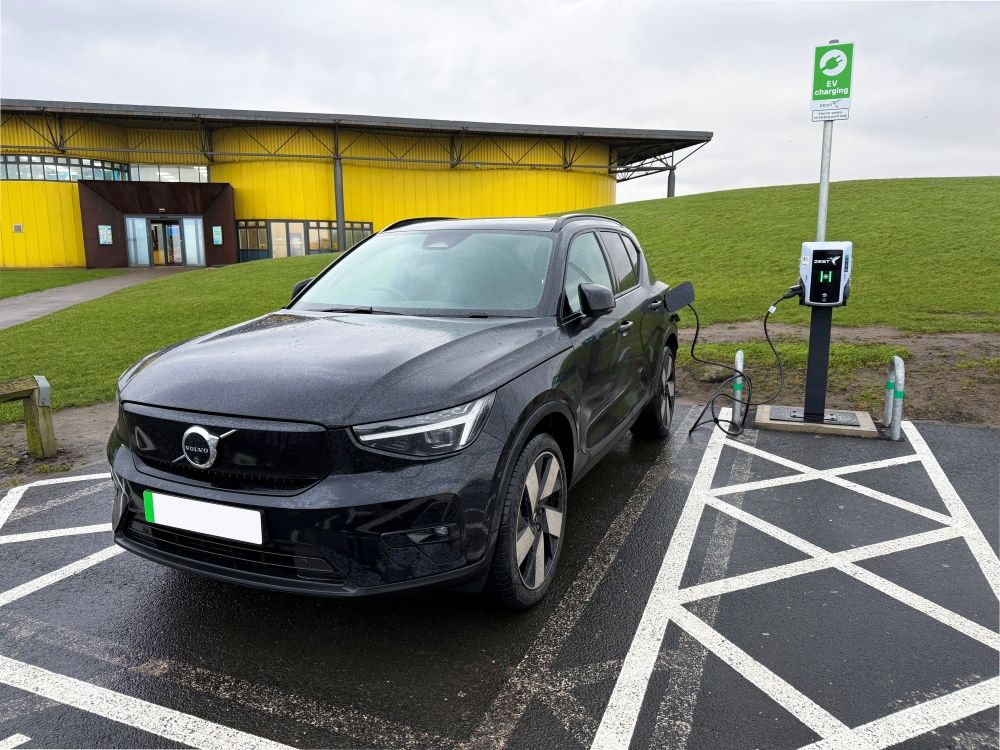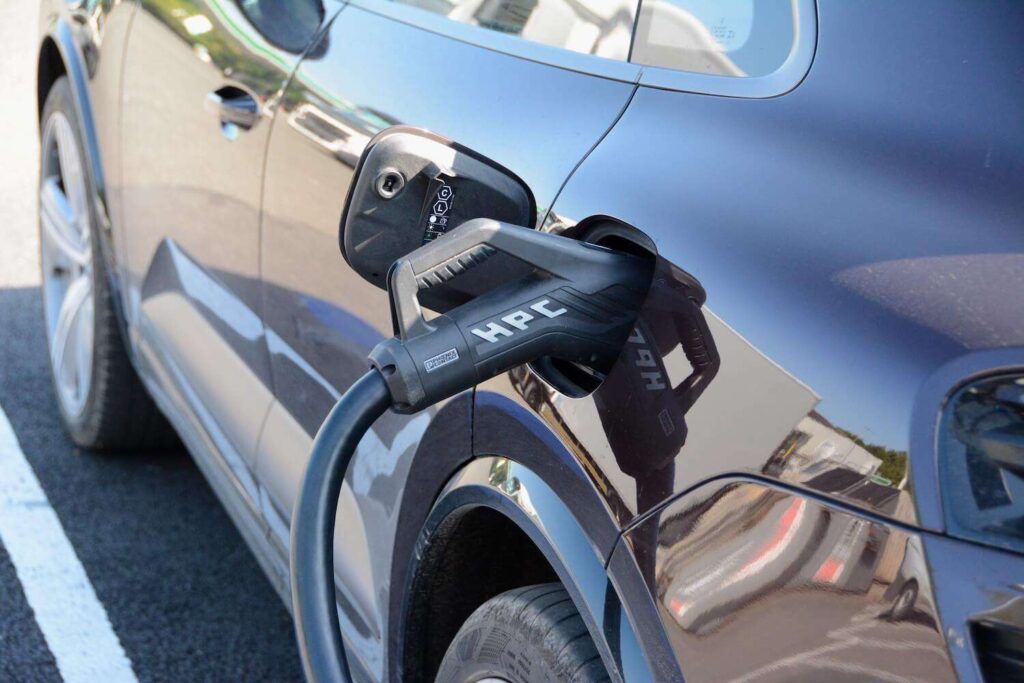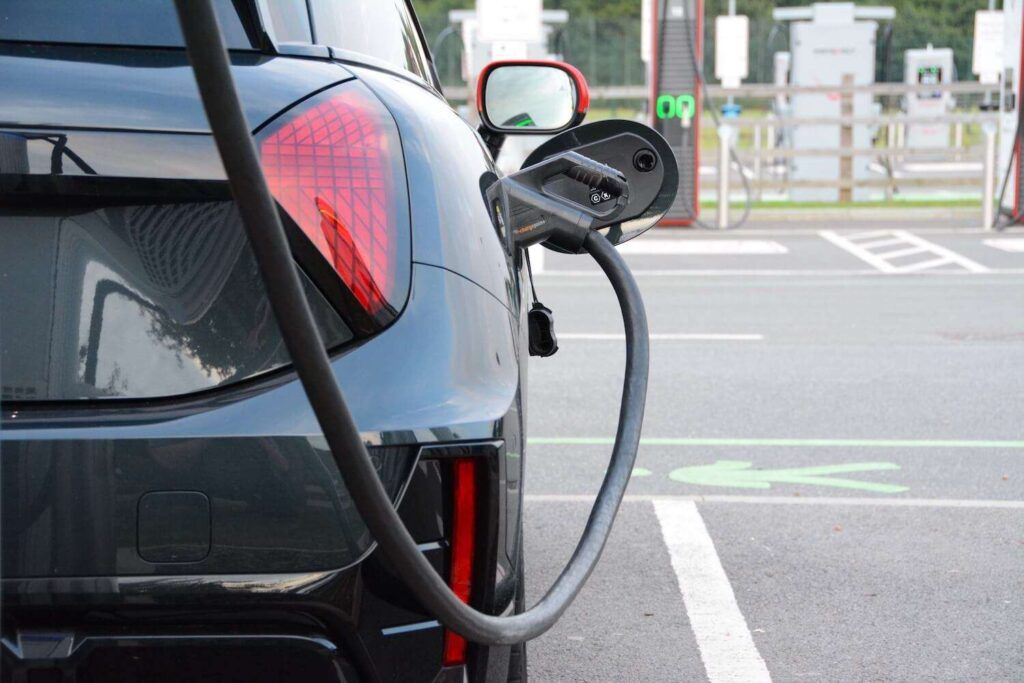A project that will aim to break down the barriers that people face in charging electric vehicles at home has been given the green light after grant funding was awarded to Oxfordshire County Council and Oxford Direct Services.
The project will test a new solution to help people who don’t have a driveway to charge an electric car using their own home power supply and funding has been awarded by Innovate UK and the Office for Zero Emission Vehicles. Volunteers are being sought to take part in the trial.
The project is the continuation of a successful 2020 scheme which ran in partnership with Oxford Direct Services (ODS). ODS is a social enterprise owned by Oxford City Council, whose mission is to create social value through delivering services to residents and by reinvesting all profits back into Oxford City.
The new project will test on-street electric vehicle charging using a specially designed ‘gully’ or channel, installed into the pavement. The gully allows residents to safely connect their electric vehicle to their home electricity supply when parked outside their home.
The channel is seamlessly integrated into the pavement and has been designed so that cables don’t cause a trip or slip hazard. Compared to installing electric charger bollards on the street, the arrangement causes less street clutter, especially where pavements are narrow, and it is much cheaper to install.
Connecting to a household’s own electricity supply means charging is cheaper and more convenient than using an on-street chargepoint, and also means that residents with solar panels can charge their EVs directly from their own renewable energy supply.
The project also builds on previous work completed in the Go Ultra Low Oxford Project, led by Oxford City Council in partnership with Oxfordshire County Council.
The plan is to run a pilot of 30 installations across Oxford and Cherwell districts, and the county council is looking for 30 volunteers to take part.
Councillor Pete Sudbury, Oxfordshire County Council’s Cabinet Member for Climate Change Delivery and Environment, said: “The new administration at the county council is determined to tackle climate change and make the county an acknowledged centre of innovation in the process. Dealing with practical day to day obstacles that prevent people from being able to confidently purchase electric vehicles is one area where we would like to see progress.
“This project will support the delivery of our recently adopted Oxfordshire Electric Vehicle Infrastructure Strategy, and the vision of the zero carbon transport system by 2050. We are on the lookout for residents to come forward as volunteers in Oxford City and Cherwell to take part in this trial with us.
“Oxfordshire is ahead of the UK curve in its transition from petrol and diesel vehicles to cleaner, greener electric vehicles, with over 6000 electric and ‘ultra-low emissions vehicles’, currently on our roads.
“We know that electric vehicle uptake is going to increase in the next five years in Oxfordshire, but a lack of suitable charging can be a barrier, especially for the estimated 30-40 per cent of Oxfordshire residents who have no access to off-street parking and can’t install a home charger. This trial will have those people especially in mind. I look forward to seeing them begin.”
ODS Head of Infrastructure, Sophie Hearn, said: “We are incredibly excited to be leading on this initiative with our partners at Oxfordshire County Council. This project reflects our core values and is truly transformative work that we are very proud of.”
Councillor Mike Rowley, Cabinet Member for Citizen Focused Services, Oxford City Council, said: “The future is electric and in order to help encourage EV take up, we need innovative and realistic solutions. How we address this is something that both Councils are exploring with our strategic plans for EV charging.
“I am delighted that ODS are building on the work of Go Ultra Low Oxford and are working to create this EV charging solution. In addition to their target to electrify at least 25 per cent of their fleet by 2023, this is one of the many examples of ODS doing good and working to help create a better future for everyone.”
The county council expects installations will start in December 2021-January 2022.
To qualify for the pilot, volunteers must have, or have frequent access to an EV or plug-in car or van, and must live in a property where they cannot park off the street.
Volunteers must also be willing to take part in interviews, workshops and surveys as part of our research. Volunteers will be selected based on these requirements, assessment of the suitability of their property and other research factors.












